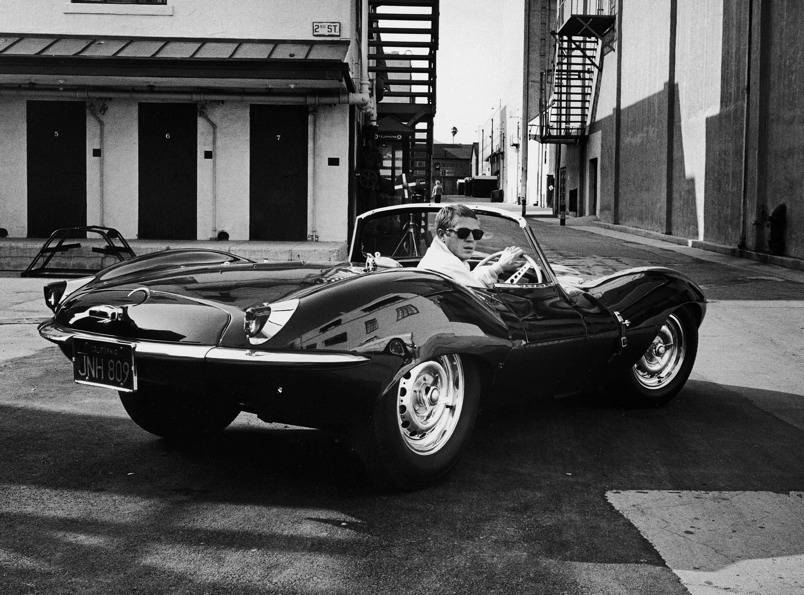One of the great “lost” bands, Love were restored to their proper place in the Rock ‘n Roll pantheon by the CD-reissue mania of the 90s, when previously out-of-print LP recordings began to blessedly pop up en masse. For Love, and particularly with the adoring and comprehensive 1995 2-disc Rhino compilation, Love Story, this meant full access to most of their stunning catalog for the first time in decades. The effect of such wondrously original psychedelic music, with its heavy emphasis on brass and string sections, was nothing short of a revelation to the uninitiated and earned them a whole new generation of fans.
Just take a big ol’ toke on one of Love’s sublime and epic masterpieces, with the suitably trippy title “Maybe the People Would Be the Times or Between Clark and Hilldale”, to see what I’m talking about:
http://www.youtube.com/watch?v=PkbVosJFkpg
Led by the certifiable compositional genius Arthur Lee and with yeoman contributions from fellow songwriter, guitarist and vocalist Bryan MacLean, Love began by making amped up pop ravers in the style of early Stones or Kinks.
Their version of Hal David & Burt Bacharach’s “My Little Red Book” is an angular workout encapsulating their nascent sound, while the heartsick “A Message to Pretty” foreshadows the beautiful melodies that Love would soon be pursuing on a much larger scale. Other standouts on 1966’s eponymous first album include “Can’t Explain”, “My Flash on You” and the harrowing, years-ahead-of-its-time anti-heroin song, “Signed DC”:
http://www.youtube.com/watch?v=t8pElXtwyF0
After that first excellent batch of songs, Arthur Lee and Love began to rapidly evolve into a band dedicated to ever more ambitious and sophisticated songwriting structures that stretched a 3-minute 45 rpm record to the breaking point, with demanding arrangements and complex production, in much the same way as the Beatles, the Byrds and the Beach Boys were layering their sound via increasing strata of multitracking.
This resulted in their second album, 1967’s Da Capo, and such densely produced singles as the beautiful psychedelia of “She Comes in Colors”, the flamenco-influenced “The Castle” and the apocalyptic freakout of “7 and 7 Is”:
http://www.youtube.com/watch?v=QEZcUONkz2Q
But no one could have been prepared for the quantum leap that Love made on 1968’s Forever Changes, a true rival to Pet Sounds and Sgt. Pepper’s Lonely Hearts Club Band in its ambition and artistic achievement if never in record sales. A “concept album” in the sense of its thematically expansive, orchestral sound and far out, free associative lyrics, Forever Changes captured the post-Summer of Love zeitgeist perfectly with symbolic anti-war messages and orgasmic, Gil Evans-like arrangements on songs like “Maybe the People…”, the jaw droppingly beautiful opener “Alone Again Or” , the sweet strings of “The Red Telephone” and the searing pocket epic “A House is Not a Motel”:
http://www.youtube.com/watch?v=qInF7WKOz4c
This all-time classic album ends with the stunningly complex “You Set the Scene”, here performed live by Lee during his triumphant European tour following his release from prison in the early 2000s:
http://www.youtube.com/watch?v=-pRxXHn64DM
As is too often the case in Rock history, after Forever Changes Lee and Love were never to reach such Olympian heights again, with the band going through many personnel changes including the pivotal loss of MacLean as chief collaborator. Lee also suffered from artistic malaise and brushes with the law in California, which culminated in his conviction on gun charges and mandatory incarceration under that state’s “3-strikes” sentencing, a conviction later overturned due to prosecutorial misconduct. He had one last well-deserved moment in the sun, the aforementioned “Forever Changes Tour”, where Lee recreated the entire album with a young, enthusiastic backing band complete with orchestral ensemble to rapt reception across England and Europe in 2002. After this spurred a new round of accolades, Arthur Lee was sadly diagnosed with leukemia and passed away in 2006 at the age of 61. We won’t see his like again–he was a true Rock original–but the revitalized interest in his awe-inspiring music means that Love will never be lost again.


